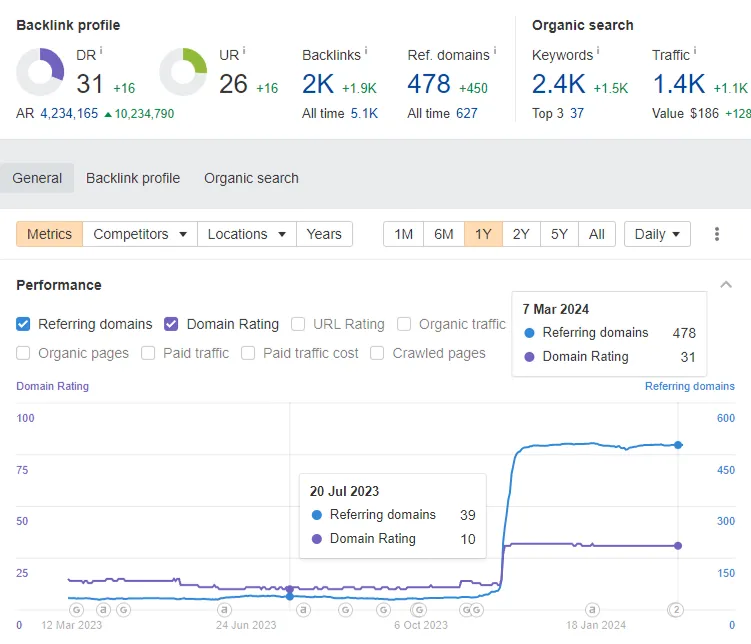Universal Cloud Service Explained: Solutions for Global Enterprises
Universal Cloud Service Explained: Solutions for Global Enterprises
Blog Article
Comprehending the Various Sorts Of Cloud Providers and Their Usages
From Facilities as a Service (IaaS) to Software Program as a Service (SaaS), each type of cloud service offers an one-of-a-kind purpose and gives distinct benefits. By exploring the nuanced capabilities and applications of each cloud service, one can browse the intricacies of cloud computing with accuracy and foresight.
Infrastructure as a Service (IaaS)
Infrastructure as a Solution (IaaS) provides users with virtualized computing sources online on a pay-as-you-go basis. This cloud computing design provides crucial IT framework such as virtual machines, storage space, and networking without the need for companies to buy and manage physical servers and data facilities. With IaaS, users can scale sources up or down based on their requirements, supplying adaptability and cost-efficiency.
One of the crucial benefits of IaaS is its ability to rapidly stipulation and deploy infrastructure elements, allowing companies to react rapidly to altering needs and market problems. By contracting out facilities management to the provider, companies can focus much more on their core service activities rather than taking care of the complexities of hardware maintenance and upgrades.
Moreover, IaaS uses a high degree of integrity and safety and security, with providers usually offering durable data backup, catastrophe recuperation, and cybersecurity measures. This assists guarantee that essential business operations continue to be nonstop and information continues to be shielded against potential hazards. Cloud Services. Generally, Facilities as a Service simplifies IT operations, enhances scalability, and minimizes capital expenses for companies of all sizes
Platform as a Solution (PaaS)
Structure upon the structure of Framework as a Solution (IaaS), System as a Solution (PaaS) provides a detailed atmosphere for developers to develop, deploy, and handle applications without the complexities of underlying infrastructure administration. PaaS provides a platform with devices and services that streamline the development procedure, allowing programmers to concentrate on writing code and building applications as opposed to taking care of facilities concerns.

Software Program as a Solution (SaaS)
Software as a Service (SaaS) reinvents the means services access and use software program applications by using them on a registration basis through cloud service providers. This cloud computing model eliminates the demand for organizations to maintain and mount software on individual devices, as whatever is held and taken care of centrally in the cloud.
SaaS offers an economical remedy for services as they just pay for the software application they utilize without the included expenses of equipment upkeep or software updates. It likewise uses scalability, allowing firms to easily readjust their software program requirements based upon their needs.
In addition, SaaS applications can be accessed from any type of gadget with a net connection, promoting collaboration and adaptability among remote teams. Safety is a top priority in SaaS, with providers applying durable procedures to protect data kept in the cloud.
Popular instances of SaaS include client partnership monitoring (CRM) software application like Salesforce, performance tools like Microsoft Office 365, and partnership systems like Google Work space. SaaS remains to acquire grip in business world as a result of its benefit, cost-efficiency, and scalability.
Feature as a Service (FaaS)
With the advancement of cloud services like Software as a Service (SaaS) improving software program delivery, Function as a Service (FaaS) stands for a paradigm change in exactly how code is executed in a serverless environment. FaaS enables developers to create and perform individual features or items of code in action to particular occasions without the need to handle the facilities. This serverless computer version allows designers to concentrate solely on creating code to implement particular performances, without worrying themselves with the underlying framework or web server administration.
One of the essential advantages of FaaS is its capacity to scale instantly based on the incoming work. Functions are implemented in stateless containers that are rotated backwards and forwards as required, making certain ideal resource utilization my company and cost-effectiveness. FaaS is particularly valuable for event-driven and microservices designs, where code execution is triggered by events such as HTTP demands or data source updates. By extracting the infrastructure layer, FaaS simplifies advancement, increases time to market, and improves general agility in releasing cloud-native applications.
Storage as a Service (STaaS)
A fundamental element in cloud computing, Storage space as a Solution (STaaS) provides customers with a scalable and effective option for handling information storage space requirements. STaaS allows companies to save and get information from remote servers using the internet, removing the requirement for on-premises equipment. This solution supplies flexibility by allowing customers to pay only for the storage space they make use of, making it a cost-efficient solution for businesses of all sizes.

STaaS is especially advantageous for services with varying storage space needs, as it offers a safe and reliable storage space service without the requirement for substantial upfront financial investments. By leveraging STaaS, important link organizations can enhance their data administration procedures, improve accessibility, and enhance data security in a cost-effective manner.

Verdict
To conclude, recognizing the different types of cloud services and their usages is important for businesses and people aiming to take advantage of the benefits of cloud computing. Each kind of cloud service provides one-of-a-kind advantages and functionalities, satisfying details demands and needs. By using the right cloud service, companies can improve their performance, scalability, and adaptability in handling their IT infrastructure and applications. It is vital to analyze the particular requirements and goals before choosing the suitable cloud solution for optimum efficiency.
From Infrastructure as a Service (IaaS) to Software official source Application as a Service (SaaS), each type of cloud service offers a special purpose and offers distinctive advantages. cloud services press release. By discovering the nuanced functionalities and applications of each cloud service, one can browse the complexities of cloud computing with precision and insight
With the development of cloud services like Software as a Service (SaaS) improving software application distribution, Feature as a Solution (FaaS) represents a paradigm change in just how code is executed in a serverless environment.In conclusion, understanding the various types of cloud services and their uses is essential for individuals and businesses looking to take advantage of the advantages of cloud computing. By using the ideal cloud solution, organizations can boost their effectiveness, scalability, and versatility in handling their IT infrastructure and applications.
Report this page